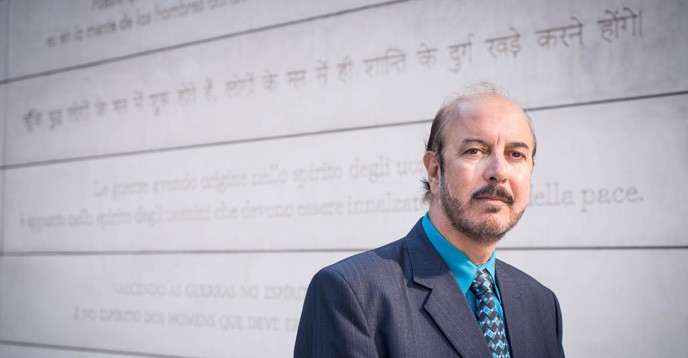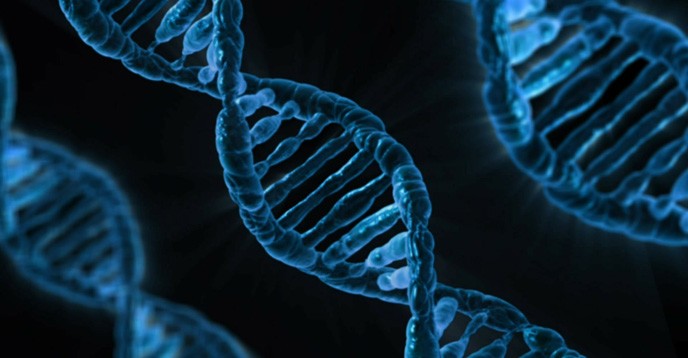Ethics of Science and Technology
Since its involvement in promoting international reflection on the ethics of life sciences in the 1970s, UNESCO continues to build and reinforce linkages among ethicists, scientists, policy-makers, judges, journalists, and civil society to assist Member States in enacting sound and reasoned policies on ethical issues in science and technology.
The Organization performs the following major functions:
Laboratory of ideas – addressing the emerging ethical challenges by providing an intellectual forum for multidisciplinary, pluralistic and multicultural reflection on ethics of science and technology – via the:
- International Bioethics Committee (IBC);
- Intergovernmental Bioethics Committee (IGBC);
- World Commission on the Ethics of Scientific Knowledge and Technology (COMEST).
Standard-setter – pioneering normative action:
- Universal Declaration on the Human Genome and Human Rights (1997);
- International Declaration on Human Genetic Data (2003);
- Universal Declaration on Bioethics and Human Rights (2005);
- Ongoing discussion on the revision of the 1974 Recommendation on the Status of Scientific Researchers.
Clearing house – developing the Global Ethics Observatory (GEObs) – a free global repository of updated information on ethics institutions, experts, legislation, codes of conduct and teaching programmes around the world.
Capacity-builder – providing Member States with the necessary tools and technical support for the enhancement of their national ethics infrastructure:
- Assisting Bioethics Committees (ABC);
- Ethics Education Programme (EEP).
Catalyst for international cooperation – cooperating with key international stakeholders in the field of ethics of science and technology and fostering coordination among the major actors through the United Nations Inter-Agency Committee on Bioethics.









